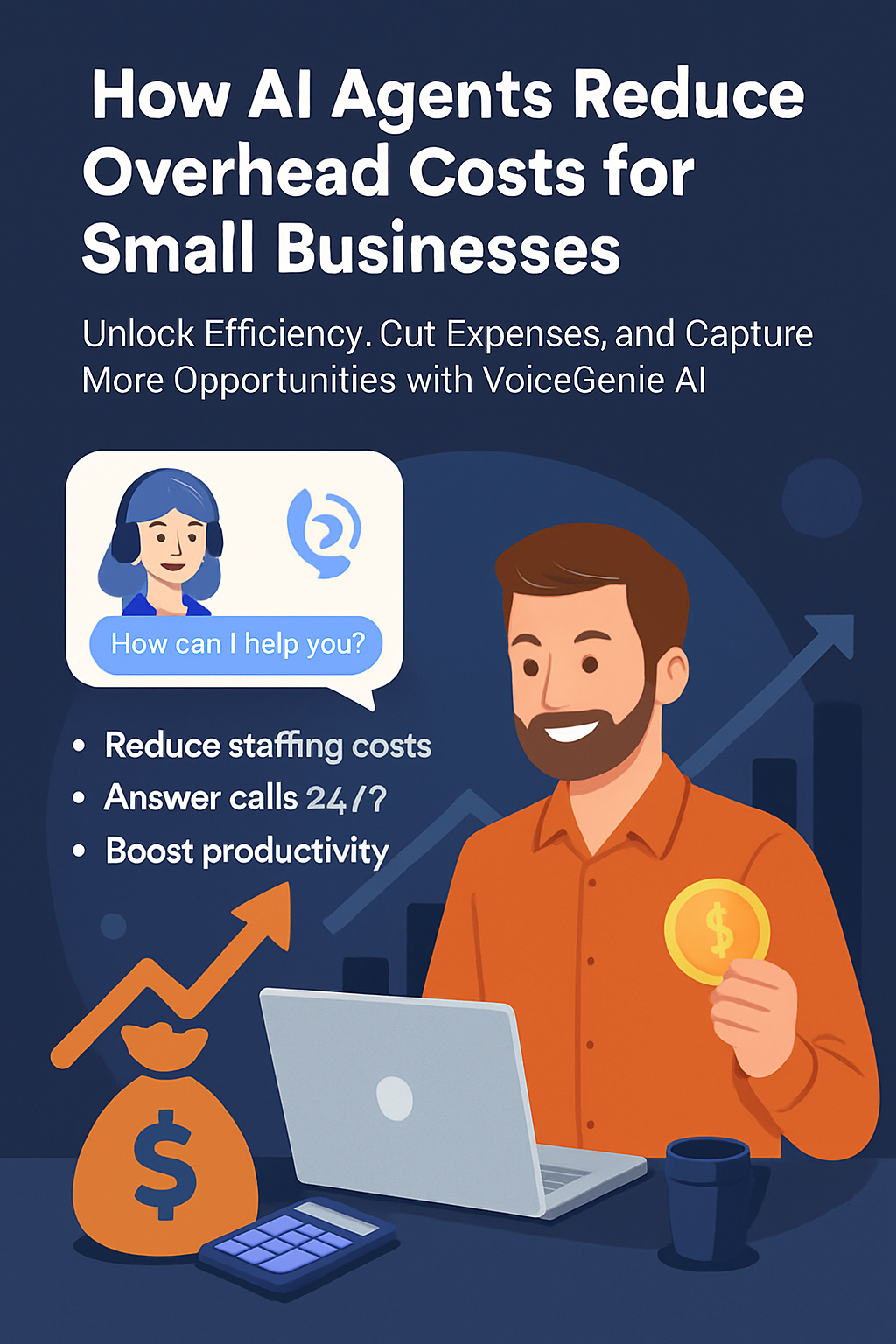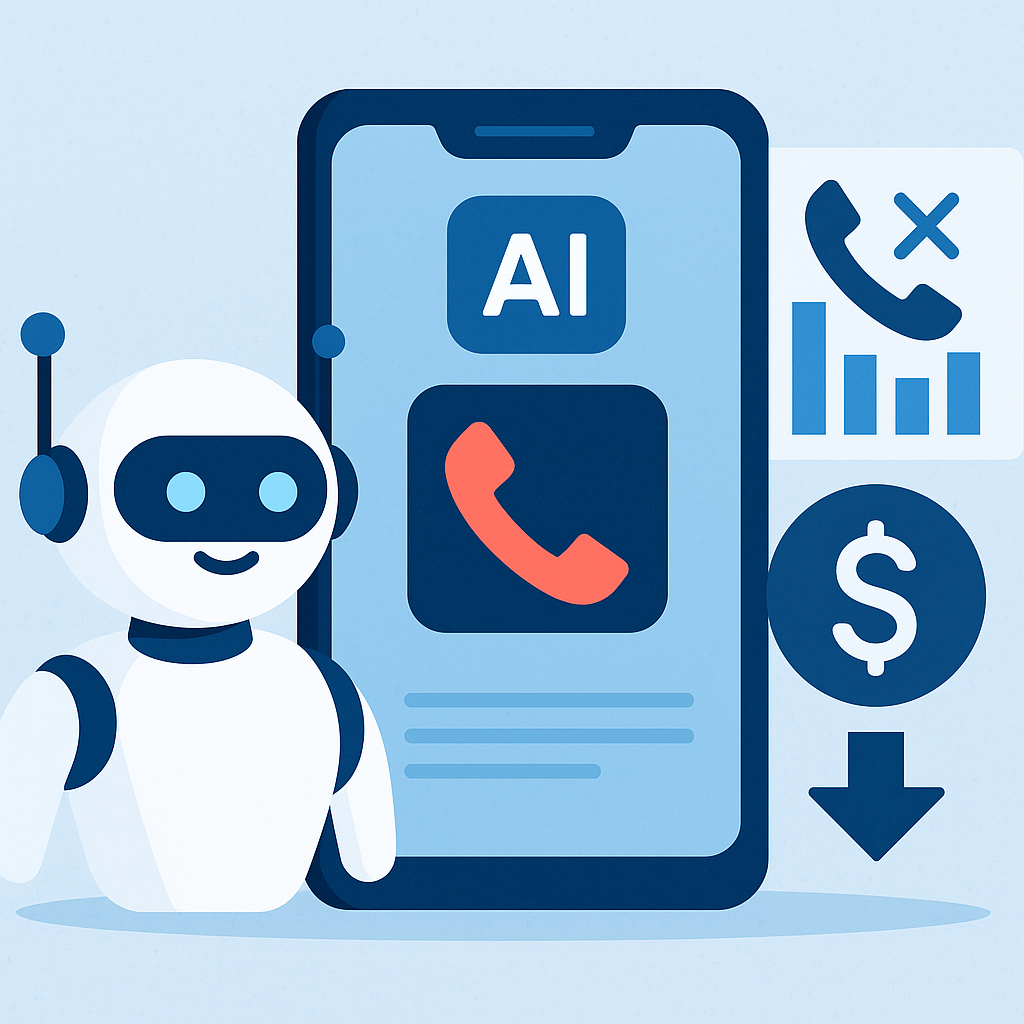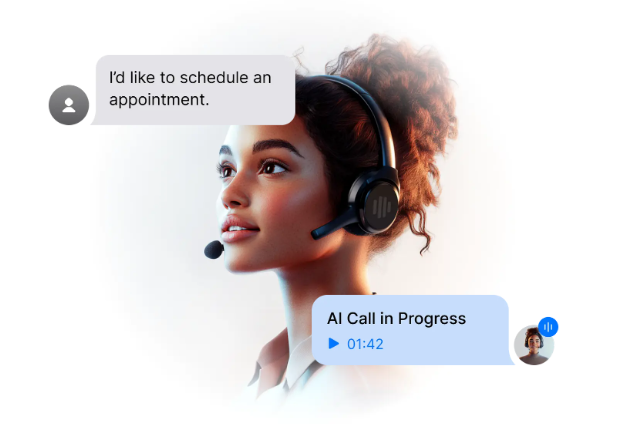The Role of AI in Business Intelligence
"Unlocking the Future of Decision-Making: How AI-Driven Business Intelligence is Revolutionizing Data Insights"
Traditionally, BI has focused on aggregating and analyzing historical data to provide descriptive insights into business operations. But companies increasingly seek predictive and prescriptive analytics — insights that anticipate trends and suggest actions. AI, with its powerful algorithms and user-friendly interfaces, empowers organizations to make these leaps, offering deeper and more actionable insights.
With AI-powered BI, businesses can now analyze real-time data, automate routine processes, and improve efficiency across various operations. By integrating AI, companies can also transform complex data analysis into accessible insights for non-technical users, opening up new possibilities for strategic decision-making and data-driven culture.
Key Benefits of AI-Driven BI
- Automation of Routine Tasks
AI can automate repetitive tasks in data preparation and analysis, freeing up BI teams to focus on high-value strategic work. This automation helps improve overall productivity while reducing costs and errors.
- Enhanced Decision-Making
Machine learning, a subset of AI, identifies complex patterns across massive datasets, providing richer insights and allowing companies to experiment with diverse scenarios. This leads to more informed decisions, improving outcomes and strategic planning.
- Agility with Real-Time Insights
By processing data at scale in real-time, AI enables companies to react faster to market shifts, supply chain disruptions, and other critical events. This agility helps businesses stay competitive and responsive to changes.
- Democratized Data Analysis
With AI-driven tools that support natural language queries, even non-technical users can interact with BI systems easily. This makes data analysis accessible to more people, fostering a data-literate culture and empowering employees to contribute insights.
Applications of AI in Business Intelligence Systems
Predictive Analytics for Market Insights
AI helps companies anticipate market trends and customer behaviors, guiding strategic decisions that can lead to better product development, customer engagement, and competitive positioning.
Anomaly Detection for Risk Management
AI algorithms excel at detecting unusual patterns in data, which can be invaluable for identifying potential security threats, fraud, or operational risks early.
Sentiment Analysis in Customer Service
With natural language processing, AI tools can gauge customer sentiment, allowing businesses to tailor responses and improve customer experience through more personalized interactions.
Supply Chain Optimization
AI's ability to synthesize vast amounts of data makes it ideal for managing complex supply chains, helping businesses adapt to challenges and streamline logistics effectively.
Challenges of Implementing AI in BI
Despite its potential, AI-driven BI comes with challenges:
Data Management and Governance
AI requires quality data to function optimally. However, data governance becomes crucial to ensure accuracy, privacy, and compliance, especially when handling sensitive information.
The Black Box Problem
AI models can be complex, making it hard to understand how they generate insights. This lack of transparency raises concerns about the fairness, accuracy, and consistency of AI-driven analytics.
Ethical Concerns and Data Privacy
AI's increased autonomy can lead to ethical issues around privacy and data use. Organizations need clear policies to reassure customers and comply with regulatory standards.
Skills Gaps
AI integration requires specialized skills, including data science expertise, which may require additional training or hiring efforts.
Best Practices for AI Integration in BI
Align AI Strategies with Business Goals
AI should support overarching business goals. Define clear objectives to ensure that every step of the AI implementation process contributes to these goals.
Invest in Data Quality and Governance
High-quality data is essential for successful AI integration. A robust governance framework should address both data protection and long-term accuracy.
Start Small with Pilot Projects
Begin with manageable AI projects to experiment and refine approaches. This helps identify potential issues before scaling up and fosters organizational buy-in.
Upskill Existing Teams
Train current employees on AI tools to leverage their business knowledge while reducing resistance to new technologies.
Monitor and Update AI Models
Regularly reviewing and improving AI deployments ensures they keep pace with technological advancements and changing business needs.
Future Trends in AI-Driven BI
The future of AI in BI is promising, with a few trends standing out:
Conversational Analytics
AI tools that support natural language queries are becoming the norm, simplifying BI interactions and making data more accessible to non-technical users.
Industry-Specific AI Models
Tailored AI models for different industries (like retail or finance) are emerging, providing more accurate insights that consider specific business dynamics.
Autonomous Analytics
AI will increasingly act autonomously to detect patterns, anomalies, and trends without human prompting, offering insights directly to decision-makers.
AI is fundamentally enhancing BI, enabling companies to move from historical analysis to proactive, real-time decision-making. While challenges exist, companies that navigate them effectively will unlock the full potential of AI-driven BI, fostering a data-driven culture and a more agile, competitive business.
Ready to explore AI solutions for your business intelligence needs? Contact us at Kell Solutions to discover how we can help transform your data strategy and leverage AI for sustainable growth.










